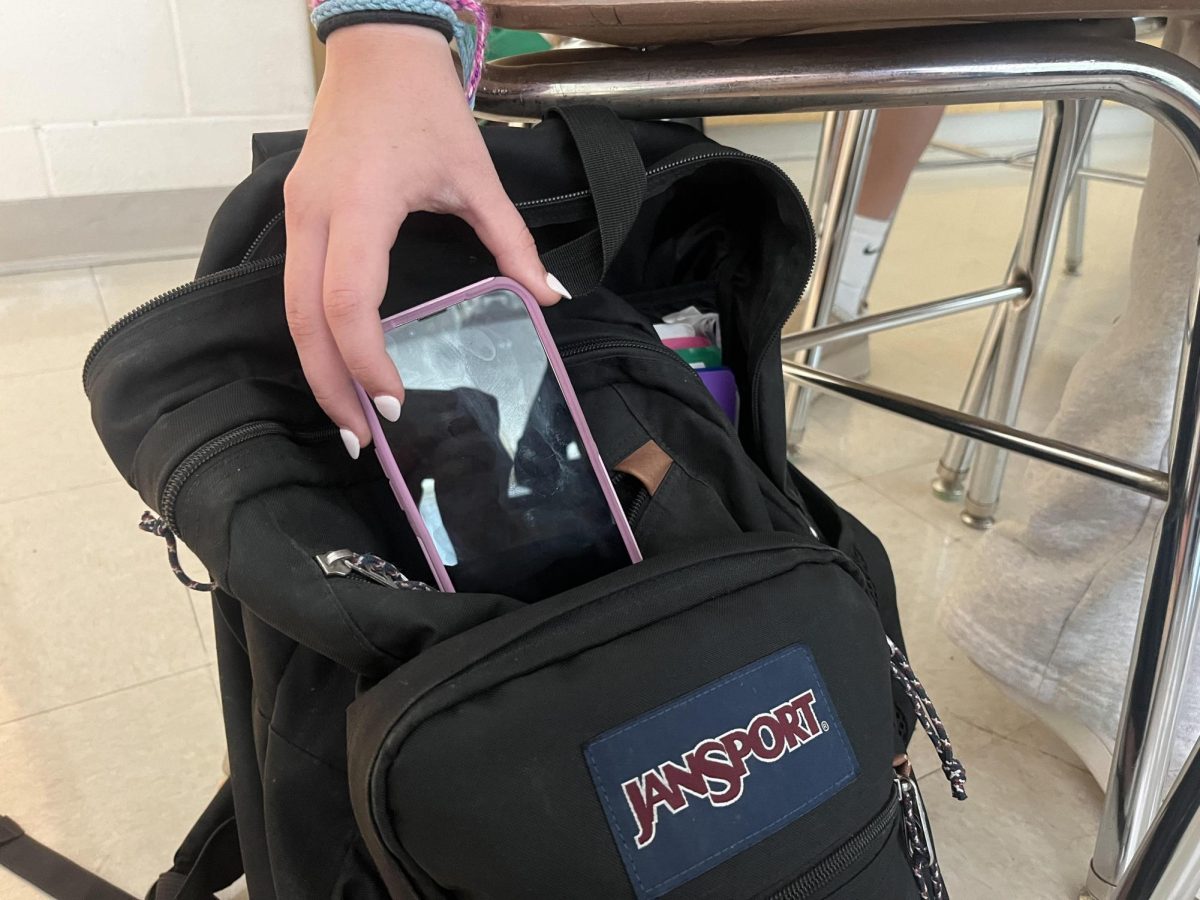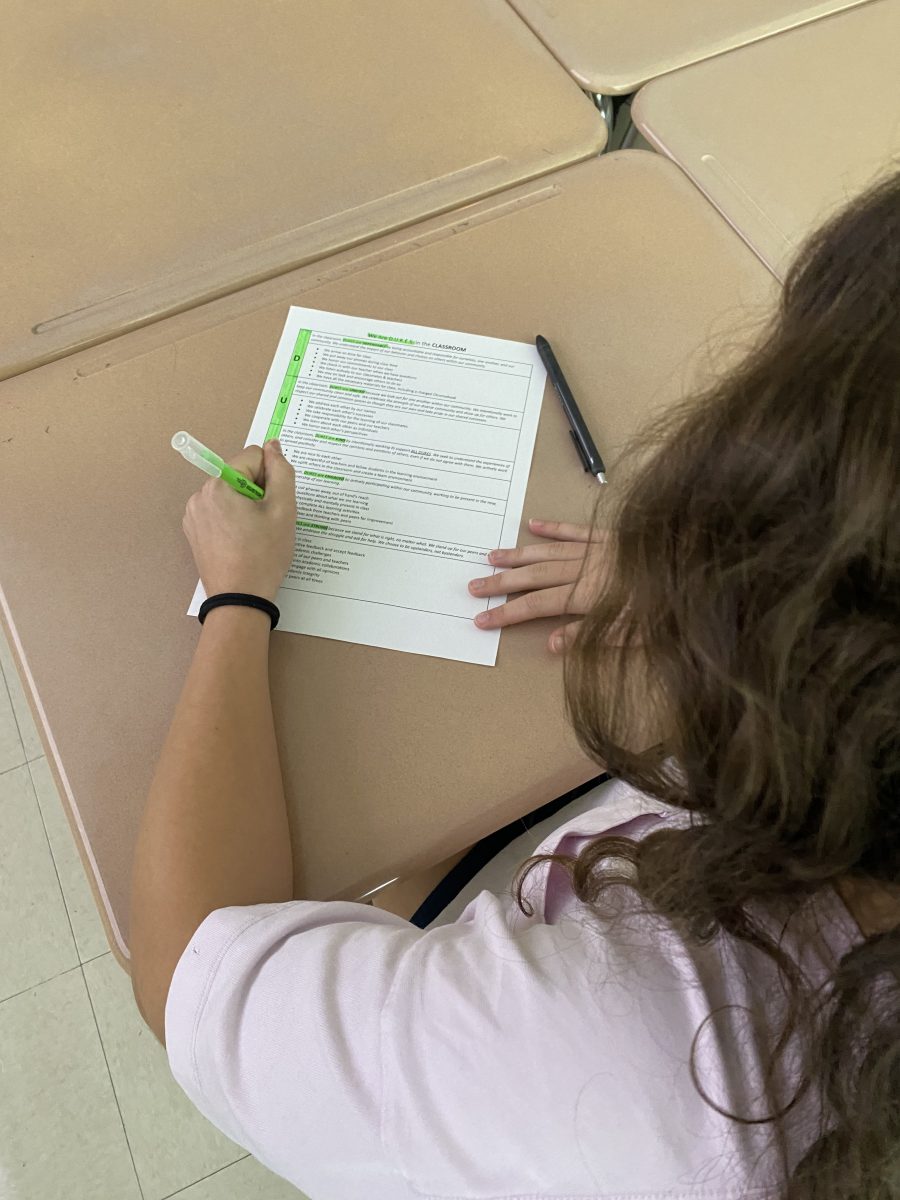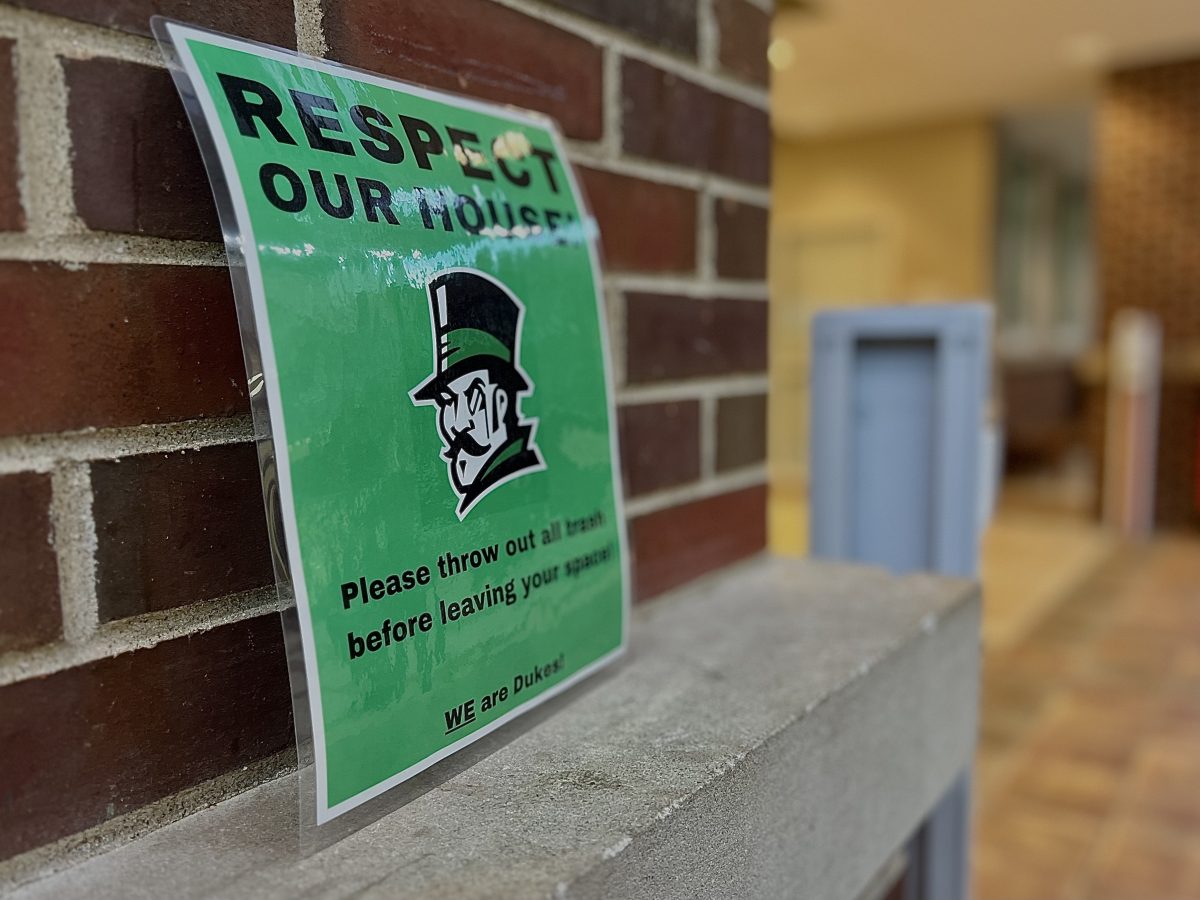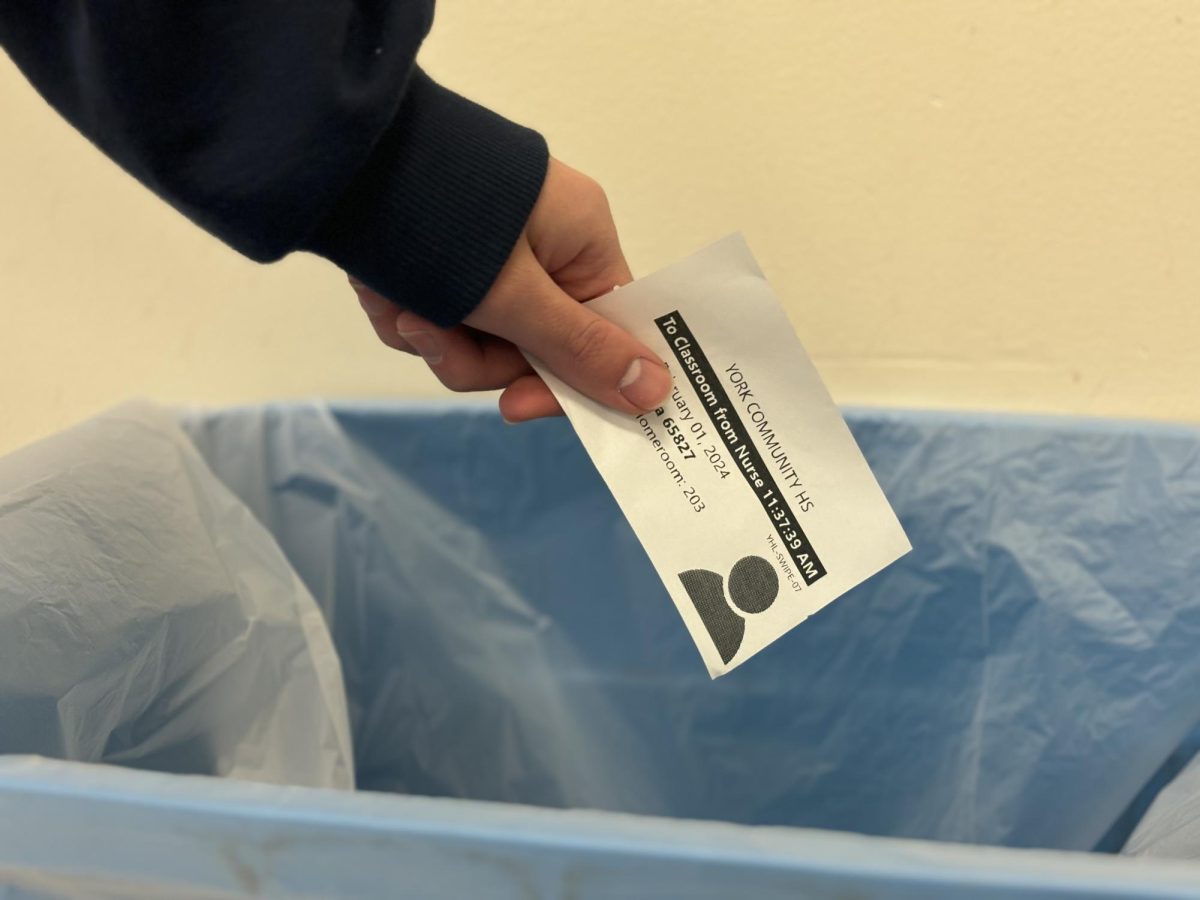York administration came together over the summer to develop a new policy regarding cellphones. To maintain high standards and maximize instructional time for students, classrooms are now cellphone-free.
Over the past few years administration, including principal Jessica Hurt, have received feedback from teachers, students and parents about phones in the classroom. They shared that phone usage negatively impacts many things, including education and mental health. This goes against the goal of fostering a positive learning environment and maintaining the mental health of students.
“The constant disruptions while learning, but also what happens with social media and just this constant idea that your brain is having to split time between what’s happening in class and did someone just text me? Does someone just post something? Am I missing out,” Hurt said. “Students, their time and mental capacity are being split, and we want to make sure that we’re prioritizing instruction.”
Educating and empowering students is important to District 205 and excessive cellphone usage can interfere with academic performance. While students are busy worrying about what’s going on with their phones, studies have shown that cellphone usage in teens can cause grades to decrease and poor mental health. This prevents them from being able to learn to their full ability and achieve academic success.
“I think focus in class is number one, just the ability to focus,” Kim Lampa, English teacher, said. “It depends on our level of addiction, and so they’re trying to figure out. Especially students who already struggle with focus, that’s something that they would just do to keep their mind busy.”
Focus is something many students struggle with and the phones do not help. The new cellphone plan ensures that all students are getting the help that they need and achieving all their academic goals.
“It’s going to take time, and it’s not a perfect system, and we know that there are students who are going to need more time to change their behavior,” Hurt said. “We want to keep this expectation of no cellphones and we want to change those behaviors so we can support students to make positive decisions.”








